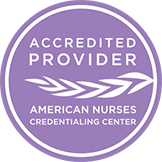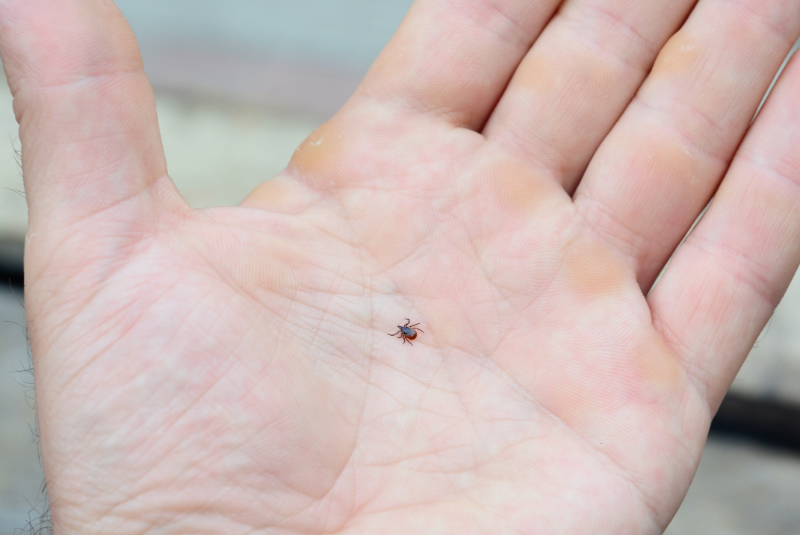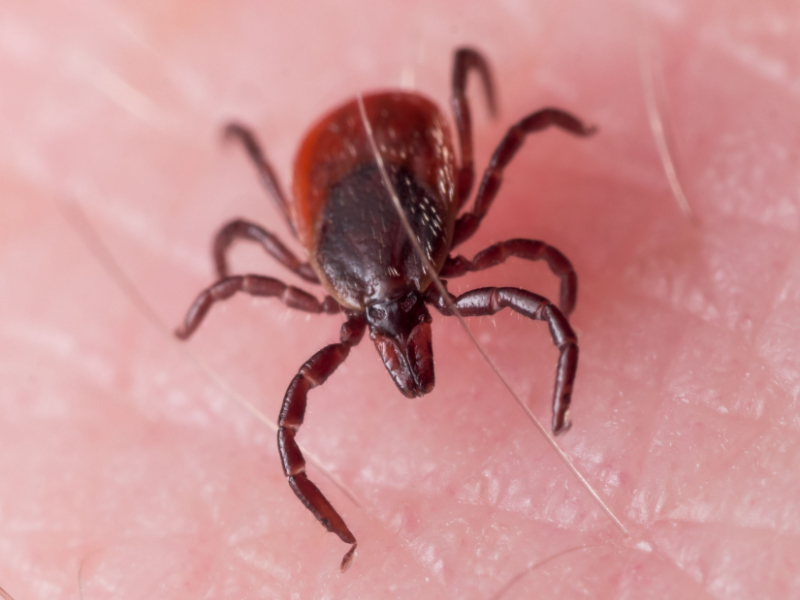The incubation period for Lyme disease is 3-30 days. Early signs include Erythema migrans (EM), a red ring or homogeneous rash at the site of the tick bite that expands gradually over several days to more than five centimeters in diameter. “There is a central clearing that may develop as the rash expands, resulting in a “target” or “bull’s eye” appearance; however, this “classic bull’s eye does not always appear”. The rash may be warm to the touch but is rarely itchy or painful (CDC, 2024b; Lantos et al., 2020).
In the early stages, a client may experience:
- A high fever
- Chills
- Fatigue
- Headache
- Malaise
- Myalgia
- Arthralgia.
- Lymphedema is common
Untreated Lyme disease will progress to disseminated disease in about 60% of clients. Most manifestations will appear in the first few weeks to months of infection, but may be delayed (CDC, 2024b; Lantos et al., 2020).
Neurological manifestations are also found, including:
- Cranial neuritis, most commonly Bell’s palsy (facial paralysis that can be bilateral).
- Lymphocytic meningitis.
- Painful radiculoneuritis involving one or more dermatomes.
- Painful peripheral motor and sensory neuropathy (mononeuritis multiplex).
- In rare instances, intracranial hypertension (CDC, 2024b; Lantos et al., 2020).
Cardiac manifestations commonly found include Lyme carditis, resulting in conduction abnormalities (e.g., atrioventricular node block; myopericarditis) that are rarely fatal.
Rheumatological manifestations include oligoarticular arthritis (transient, migratory arthritis and effusion in one or multiple joints) and Baker’s cyst. Migratory pain in tendons, bursae, muscles, and bones is also common (CDC, 2024b; Lantos et al., 2020; Steere et al., 1977). Severe headaches and neck stiffness may also occur (CDC, 2024b).











